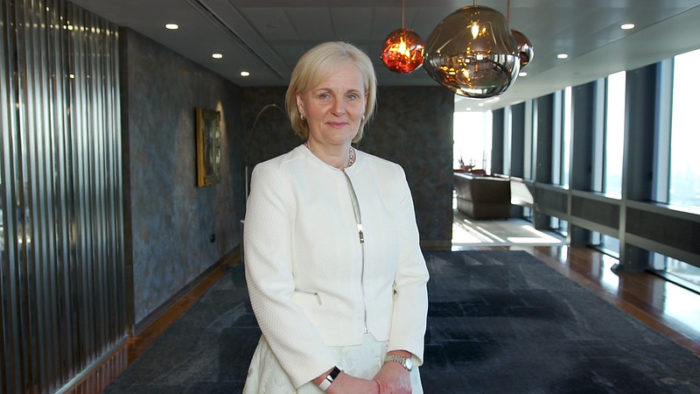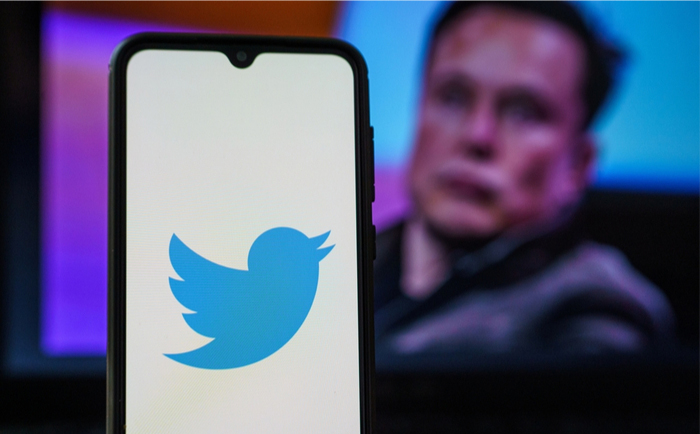Warning for Twitter board on ‘hateful speech’
As Elon Musk this week let it be known he might allow Donald Trump to return to Twitter once the Tesla chief is fully in charge, legal experts took aim at the social media site’s board.
Jeffrey Gordon, a Columbia law professor, reflected on some of Musk’s statements about free speech as “alarming”. But Gordon saved most of his ire for the board.
“If Twitter becomes a megaphone for misinformation and hateful speech, I think the Twitter directors will bear personal responsibility,” he writes. “They did not have to sell; they could have done more to protect the public.”
Looks like there’s more to this takeover deal than the number of zeros on the cheque.
Diversity rules are OK, actually
Board members in California have been reminded they don’t need the law to ensure their boards are diverse.
The memo comes after the Los Angeles Superior Court ruled that state law asking companies to have a board member from an “underrepresented community” was, itself, in violation of the “equal protection” clause in the state’s constitution.
A bit of a body blow for diversity supporters? Enter Virginia Milstead, a partner with the esoterically named Skadden, Arps, Slate, Meagher & Flom law firm, with a reminder: “As the court observed, ‘corporations are, and always have been, free to act themselves to increase their own diversity’. Nothing in this ruling requires them to change course.” Nicely put.
KPMG faces with record fine over Carillion audit
KPMG faces a record-breaking fine for its work on the 2016 audit of collapsed outsourcing giant Carillion. The firm faces a £20m fine, reduced to £14.4m after the firm admitted wrongdoing.
A Financial Reporting Council tribunal found earlier this year that KPMG staff had offered “false and misleading” information to inspectors examining the firm’s 2016 audit work.
Jon Holt, chief executive of KPMG in the UK, has alreadu apologised for his firm’s conduct as Carillion.
“It is, of course, for the tribunal to reach a conclusion on the allegations as they relate to the individuals concerned. Nevertheless, it is clear to me that misconduct has occurred and that our regulator was misled.
“I very much regret that individuals involved in this case failed to act properly or to call out the inappropriate behaviour of others, and I am saddened that some relatively junior former members of staff are facing very serious regulatory sanction at an early point in their careers.”
Aviva chair ‘flabbergasted’ by shareholder comments
Controversy over sexism has broken out at the insurance giant Aviva after remarks made by male shareholders at the company’s AGM about the firm’s chief exec Amanda Blanc.
According to the Financial Times, investors turned on Blanc, one saying, “she’s not the man for the job” while another asked whether she should be “wearing trousers”. A third remarked that given that women are good at “housekeeping activities”, he was sure that would be reflected in the direction of the company’s board.
Aviva chair George Culmer told the AGM some of the comments were “inappropriate”, he didn’t want to hear such remarks again and he was “flabbergasted”. You can pick your chief executives but you can’t pick the dinosaurs that buy your shares.
Speak up or blow the whistle?
Is the word “whistleblowing” a problem when it comes to companies implementing best practice in, er, whistleblowing? Chris Cowton, associate director of research at the Institute of Business Ethics, reckons it might be getting in the way after many companies adopted the term “speak up”.
Whistleblowing, he writes, can conjure images of “referees” laying down the law instead of someone coming forward with serious cause for concern.
“I suggest the best thing is to make sure that the language around whistleblowing systems and processes is as encouraging and facilitating as possible,” says Cowton. “We sometimes want to cover our ears when we hear a shrill whistle, but talk of ‘speaking up’ can reinforce the message that we are keen to listen.”





